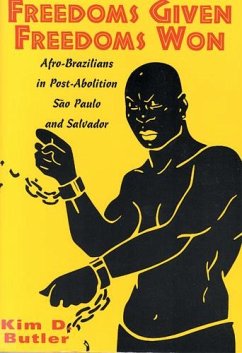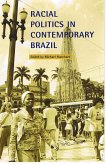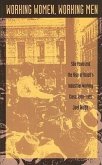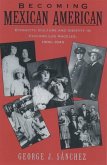Winner of the American Historical Association's Wesley-Logan Prize and the Association of Black Women Historian's Letitia Woods Brown Prize "An important, original, much-needed comparative study of post-emancipation Brazil." --Joao Jose Reis, Universidade Federal da Bahia "A deftly written analysis that goes well beyond most existing studies of slavery's legacy in the hemisphere. The author's candor is refreshing, and her use of interviews provides a major new source of evidence." --Robert M. Levine, author of Brazilian Legacies and Father of the Poor?: Vargas and His Times Freedoms Given, Freedoms Won is the first book-length study devoted to understanding the political life of urban Afro-Brazilians in the aftermath of abolition. It explores the ways Afro-Brazilians in two major cities adapted to the new conditions of life after slavery and how they confronted limitations placed on their new freedom. The book sets forth new ways of understanding why the abolition of slavery did not yield equitable fruits of citizenship, not only in Brazil, but throughout the Americas and the Caribbean. In Sao Paulo, Afro-Brazilians united against racial discrimination, giving rise to a vocal black press and numerous political groups. One of these became the first national civil rights organization and Brazil's only black political party. In Salvador, African identity prevailed over black identity, and social protest was oriented toward protecting the right to practice African-based cultural expressions such as candomble and capoeira. Of all the eras and issues studied in Afro-Brazilian history, post-abolition social and political action has been the most neglected. Freedoms Given, Freedoms Won sets theAfro-Brazilian experience in a national context as well situating it within the Afro-Atlantic diaspora through a series of explicit parallels, particularly with Cuba and Jamaica. Kim D. Butler is an associate professor of history in the Africana Studies department at Rutge








